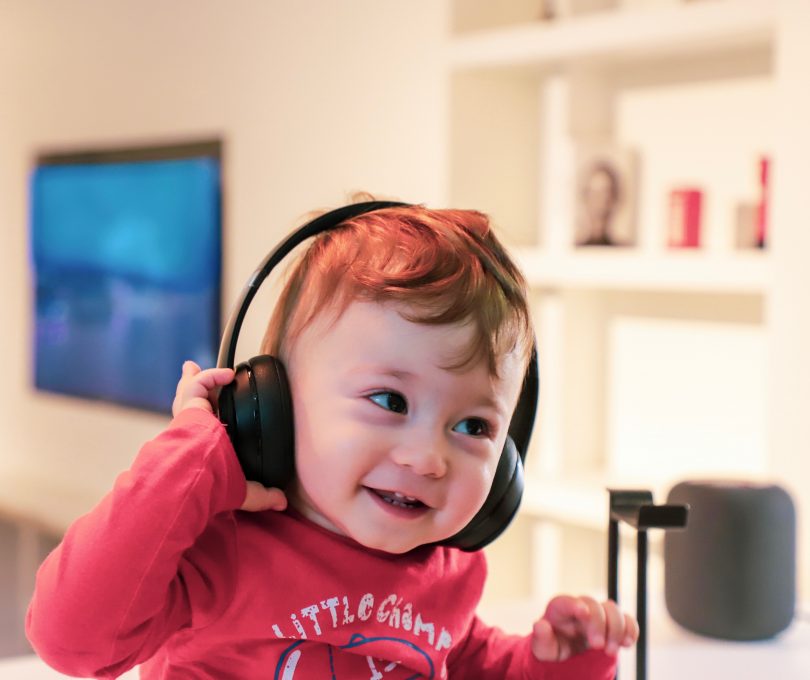Here is a guide of what to look out for and also what you can expect at your child’s first audiologist appointment.
We spoke with audiologist, Amina Begum and this is what she had to say about children’s hearing.
How early should parents get their children’s hearing checked?
Most children will have a newborn hearing screen when they are born. Otherwise, young children will only have their hearing checked if the parents or teachers believe there is an issue.
What are symptoms of hearing trouble parents should look out for?
If you notice that your child is not making eye contact with you while you’re speaking to them or if they are not verbalising, even baby babble. These can all be symptoms of a hearing problem. You might also notice that even if your child is giving you eye contact they are not verbally responding. For example, they will just point to something rather than trying to babble.
For parents going to the audiologist for the first time, what can they do to prepare?
One thing that you’ll want to find out is the parent’s history. They will need to find out if they ever had hearing test done as a young child and why. A lot of the time, children who are flagged for hearing tests at a young age, it’s due to some type of hearing issue their parents may have had as children.
With children it can be very difficult, because they don’t want to sit for a hearing test. So knowing the history is very important.
What is a normal hearing appointment like for young children?
There are a variety of tests depending on the age. Newborn hearing tests are done while they are sleeping through electrodes. But when they are about eight months, there is a test called Play. With two audiologists in the room, and a third in another room, we use toys. We present a toy with a sound and gauge how well they can hear by how they move or don’t move their head towards the sound.
Older children also use toys to test. The audiologist will say, “Put the man in the boat,” for example. This is called free field. Finally, for children five and older once they have an understanding it will be the standard hearing test, pressing the button when you hear the beep.
Are there preventative measures parents can take when they suspect their child has a hearing problem or after?
While hearing itself may not improve if it’s a nerve problem, having hearing aids early on will help their brain function. It’s basically teaching the brain to rewire and use different connections to hear better so that the child’s communication skills will not be affected. Rather than if they were diagnosed at a much later stage, when children have already developed speech.








